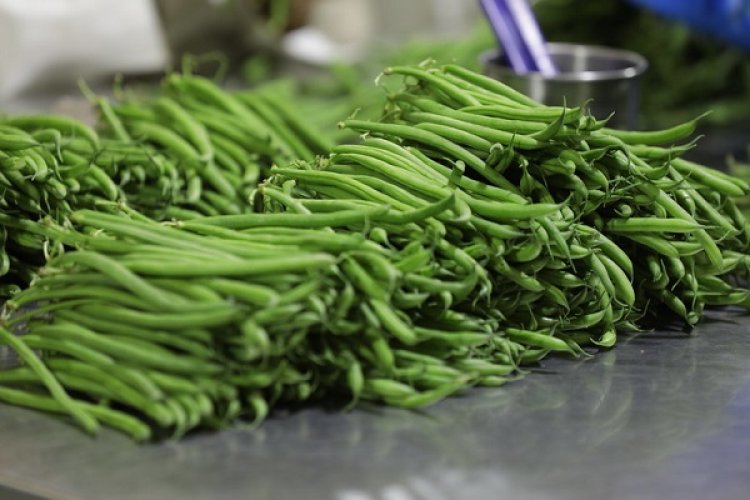Consumers in Rwanda are contending with some of the highest cost of festive meals amid record food inflation that saw prices of items like bread, cereals, dairy products and beverages, among other essentials skyrocket.
Food inflation shot by 45.4 per cent on annual basis weeks ahead of Christmas, indicated the Consumer Price Index (CPI), the gauge of changes in the cost of living, which the Institute of Statistics released on November 10.
Overall, inflation in the country rose by 33.8 per cent on annual change last month.
Rwanda was equally among 10 countries with the highest food price inflation globally in the latest World Bank assessment.
Most items in the ‘food and non-alcoholic beverages’ bracket which account for 27 per cent share of the basket of items used to measure the cost of living – they equally make up the festive meal component in most homes — rose by between 20 and 42 per cent.
But it’s cost of vegetables that skyrocketed to record levels at 82.5 per cent.
These are worst times for consumers, and especially those shopping for Christmas and end-of-year festivities.
Also read: Food costs rise as drought, botched irrigation schemes induce supply deficits
Those in the low income and poor categories are the ones bearing the worst of the constant rise in prices of essentials on the market, which oscillated in the 4.3 to 9.9 per cent rise levels between January and April, and since jumped to double digits and rising.
Hardships
As you celebrate the festive season, this rise in costs means hardships for many, and especially in rural areas where inflation rose the highest on annual basis by 42.9 per cent.
According to Fews Net, a USAID platform providing early warning and analysis on food insecurity, depleted staple food stocks and declining purchasing power have been constraining access to food among poor rural households in Rwanda, placing rising pressure on their ability to meet basic food needs without foregoing other essential needs.
Residents of border Districts in the West of the country and parts of the Southern Province were most affected because they saw reduced harvests earlier this year and had little to no income from cross-border trade due to border crossing restrictions.
Urban CPI increased by 21.7 per cent in November, but urban residents are also worried about bills from transport, rent and utilities all of which went up significantly.
Also read: Wages no longer at pace with rising cost of living
Generally, families are also bracing for costs associated with sending kids back to schools when the latter re-open days after end-of-year festivities.
Gone are the days when Rwf500 afforded one a basic meal of capati, one fried egg and cup of milk.
Producers and manufacturers told this writer to blame the situation on the coronavirus pandemic, and subsequent trade disruptions that induced huge costs of feeds, fertiliser, seeds, machinery and energy.
These caused both input and production costs to rise. These costs are constantly passed on to the consumers through pricing of goods and products.
The situation only gets worse day by day, but thanks to jokes on social media, football and ‘x-rated’ songs/music on the airwaves, these are non-issues in public debates both in media and formal public forums in the country… and in Parliament.









